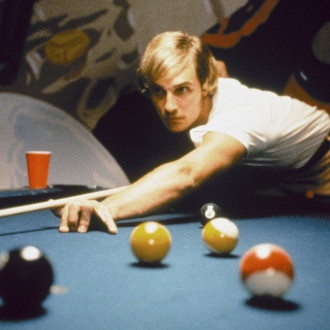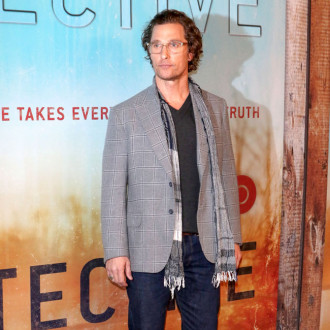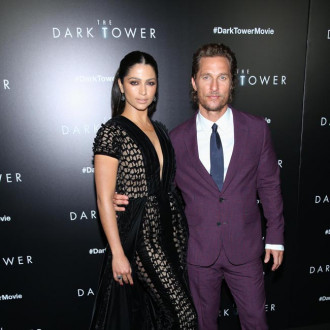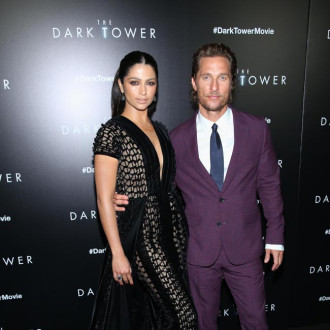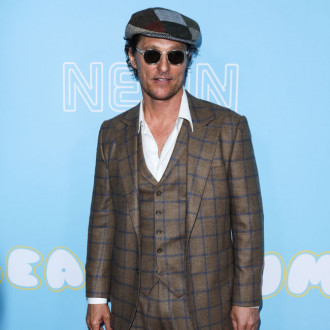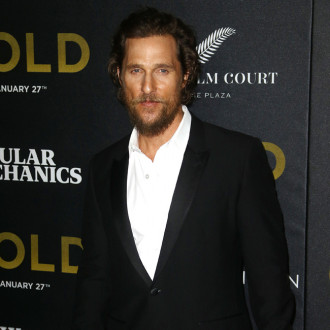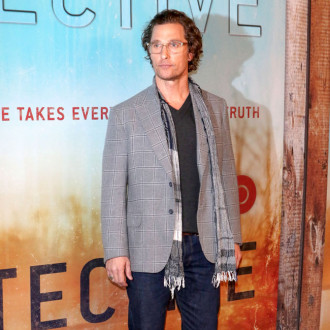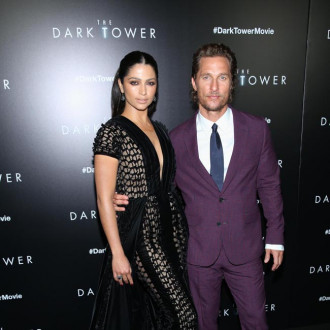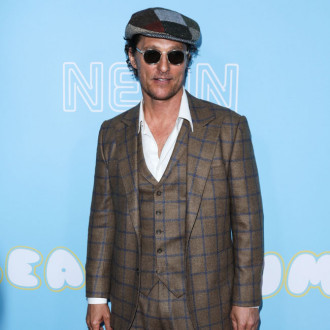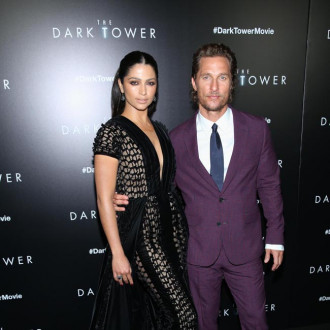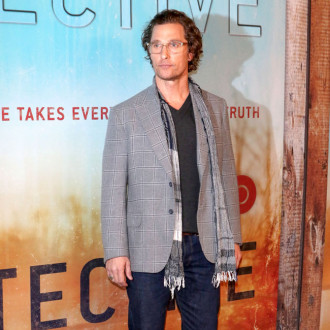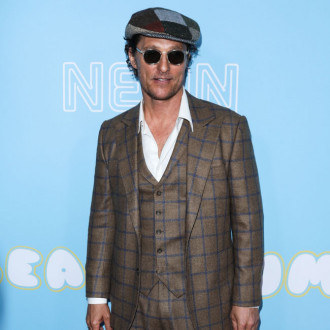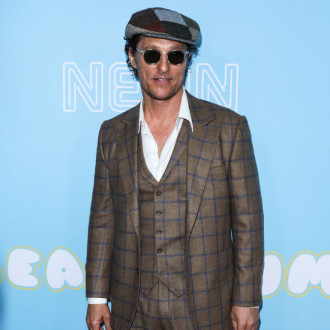True Detective Finale: Pizzolatto's Thoughts, Critical Reaction and Season 2 Hints
By Jack de Aguilar in Movies / TV / Theatre on 11 March 2014
Major spoilers for 'True Detective' below, but you shouldn't need telling - read the headline!
For a show constantly shrouded in metaphysical ideology, True Detective’s finale was delightfully simple. What started as cops v bad guys quickly turned into Cohle v Marty, Cohle & Marty v cops, Cohle v Cohle and, perhaps most pertinently, light v dark.
 Matthew Mcconaughey and Woody Harrelson as Rustin Cohle and Martin Hart in True Detective
Matthew Mcconaughey and Woody Harrelson as Rustin Cohle and Martin Hart in True Detective
As Nic Pizzolatto notes, “Who you tell yourself you are, what you tell yourself what the world is, an investigation, a religion, a nihilistic point of view – these are all stories you tell yourself. You need to be careful what stories you tell yourself.”
And this is the basis of True Detective. Cohle simply told himself he was misanthropic nihilist, or at least he told other people that. Marty told himself he was a family man with strong religious values, but couldn’t shake the adulterous urges all around him or ignore the horrors of man’s capability to hurt man.
More: 5 Things You Didn't Know About True Detective
Maggie told herself that Marty was a good man, until she realised he really wasn’t. And in reverse order, these characters completed their arc amidst a backdrop of light v dark; Errol Childress, the unstable ruler of an empire created in his own mind; delighted in his microcosm of horror as he ritualistically commits heinous crimes against those unlucky enough to fall in his path.
Yes, Maggie left Marty for good, realising what she told herself wasn’t true. Marty slowed down on the drink, and, despite what he told Cohle about his ‘multiple girlfriends,’ was looking for another Maggie on dating websites.
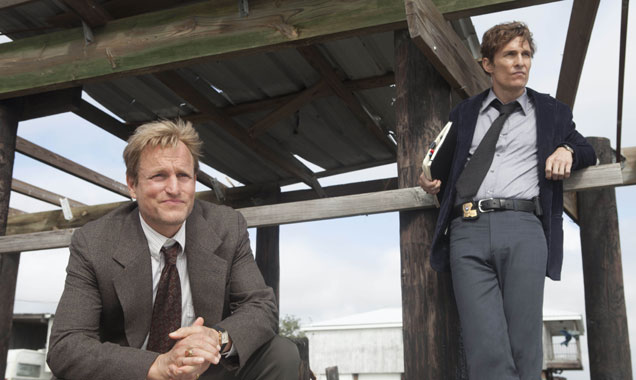 How this show managed a happy ending, we'll never know - True Detective
How this show managed a happy ending, we'll never know - True Detective
It was Cohle, due to the physical and metaphysical wounds inflicted by Childress in that scene, whom saw his story change last. Ironic, surprising and delightful when you consider the disdain and pessimism that fuelled him through the show, setting him apart from the humdrum passers-by; the profound ennui and subscription-based complicity the society around him demands.
But why would Cohle care so much if he really believed what he was saying about the human condition, about the futility of it all? The truth is he did. And his story ended the show. If you ask him, light’s winning.
More: Who Will Star in Season 2 of True Detective?
“The challenge was to create an emotionally resonant ending that made the journey worthwhile,” said Pizzolatto on ending True Detective "And it felt to me like my proper relationship to the characters should end with me allowing them to walk away into some kind of immortal life outside of this show. I mean, it ends with them exiting stage right, right? We don’t know what kind of life they’ll have. But I think we can be sure that each man is more willing to acknowledge the presence of grace"
Next page: what's next for True Detective in season 2?
Contactmusic
Related
Movies and Trailers
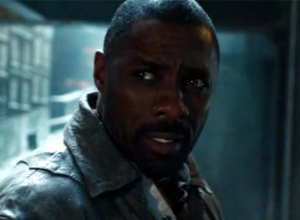
The Dark Tower Teaser Trailer
Jake Chambers is an 11-year-old boy who has been having visions of a strange other...
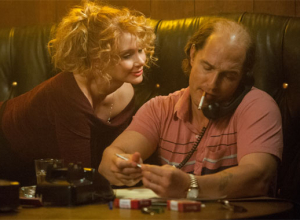
Gold Movie Review
Based on a true story, this lively and sometimes outrageous adventure is packed with twists...
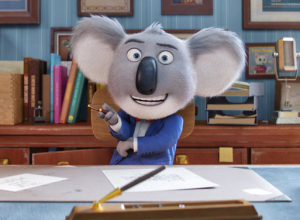
Sing Movie Review
The quality of the animation in this musical comedy may not be up to Pixar...
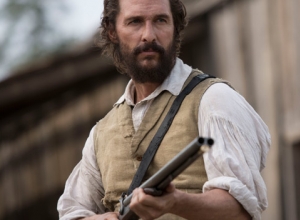
Free State of Jones Movie Review
Since its true story is still so timely after some 150 years, we can forgive...
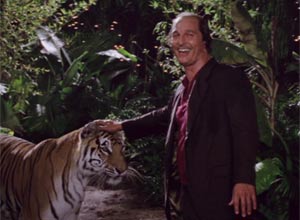
Gold Trailer
Gold is more than a valuable commodity for Kenny Wells, to him it's an obsession....
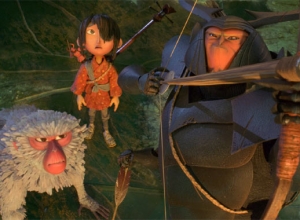
Kubo and the Two Strings Movie Review
From Laika (The Boxtrolls), this is one of the most beautiful, sophisticated animated films in...
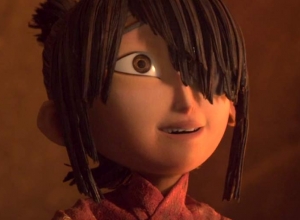
Kubo And The Two Strings Trailer
Kubo is a young boy who lives with his mother. Kubo has always been influences...
Advertisement
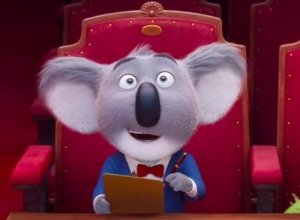
Sing Trailer
Buster Moon is one of the good guys, he's a koala who's lived his life...
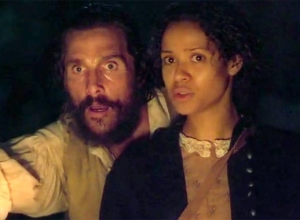
Free State Of Jones Trailer
The brutal reality of war is those who often die and put their lives on...

Interstellar Movie Review
Brainy blockbuster maestro Christopher Nolan heads into deep space with this epic adventure, which is...

21 Years: Richard Linklater Trailer
Indie filmmaking is one of the best niches to find super-talented directors and writers; and...
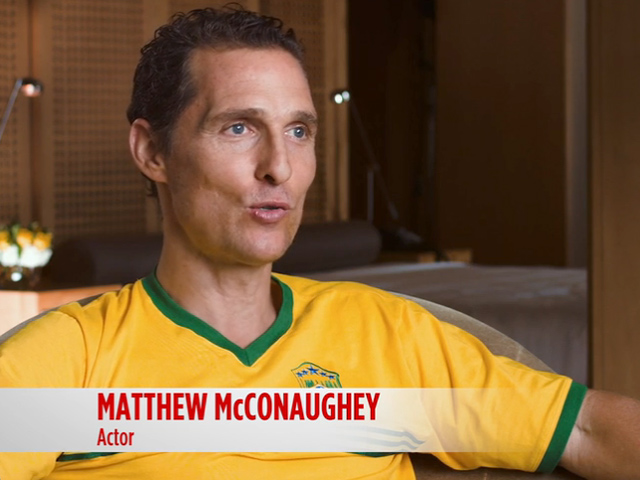
21 Years: Richard Linklater Trailer
Richard Linklater is well known in the film industry as one of the stand out...
Advertisement
